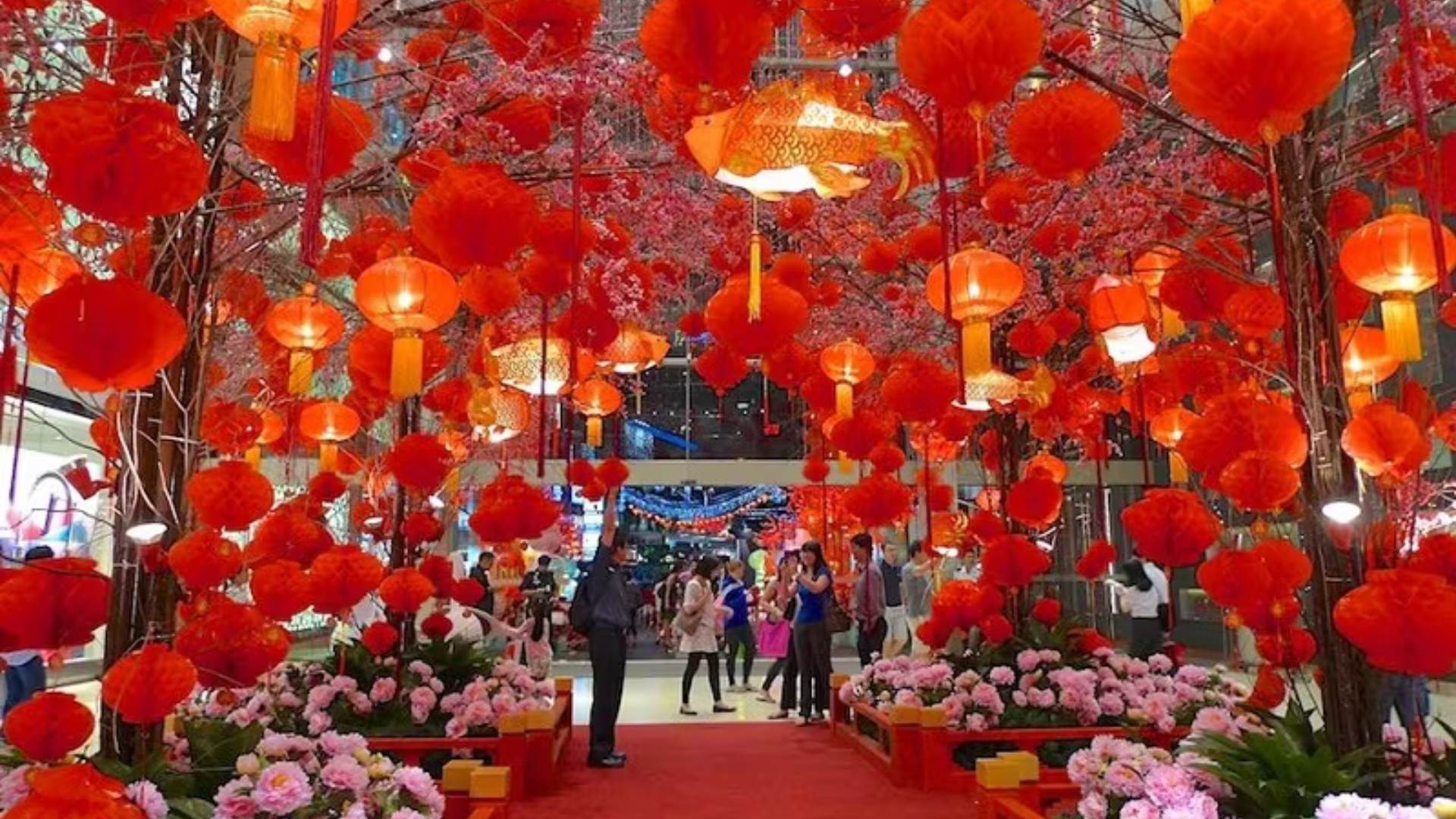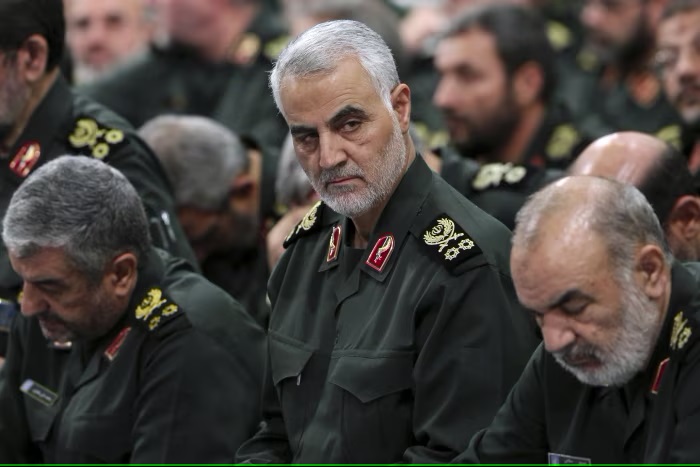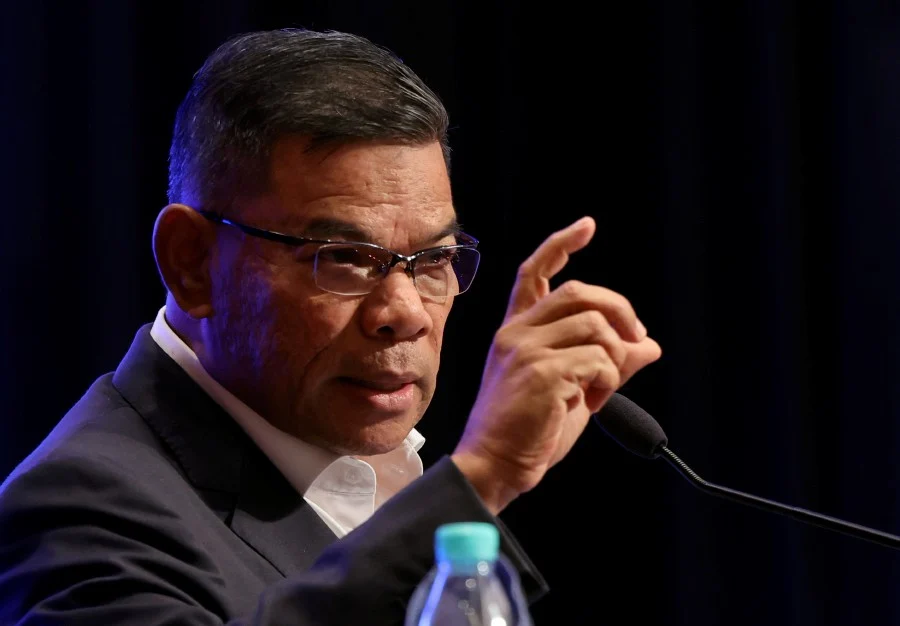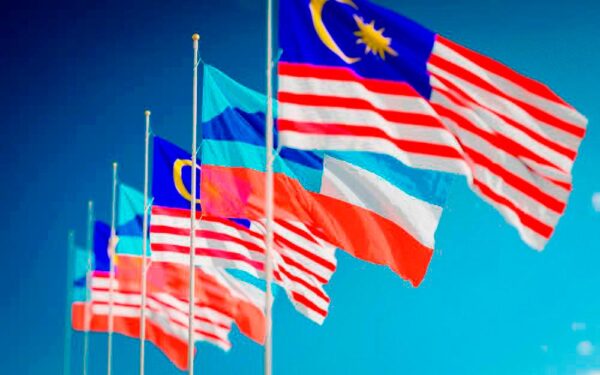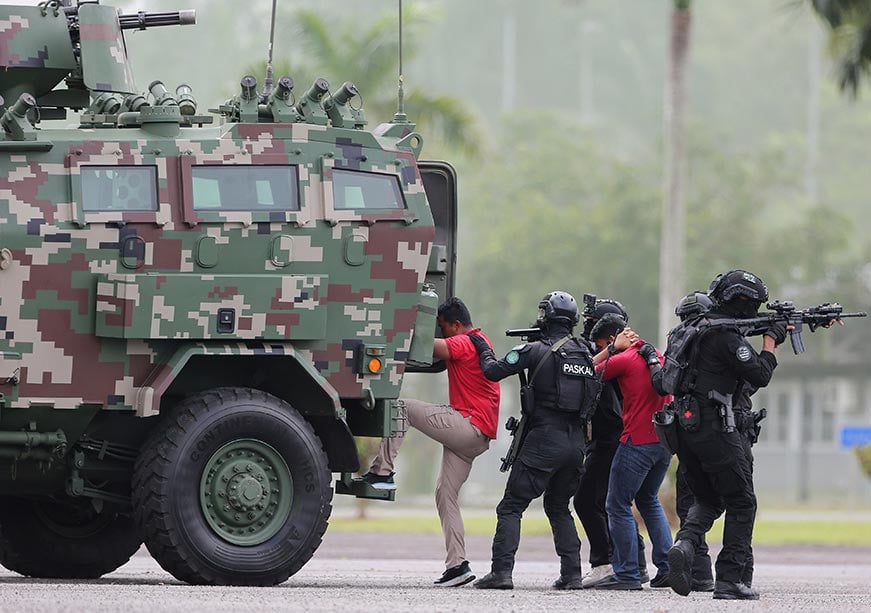THERE are 56 officially recognised ethnic groups in China, with Han Chinese numbering 900 million and residing in every region of the country.
Overseas Chinese are people of Chinese birth or descent living outside greater China, and they can be found in far-flung corners of the world.
Most of their ancestors migrated from the southeast coastal region of China centuries ago, mainly to nearby Southeast Asia in places now known as Thailand, Malaysia, Singapore, Indonesia and the Philippines.
They are mostly Han Chinese but with different dialects such as Cantonese, Hokchew, Hokkien, Hakka and Teochew, and may not understand each other’s dialect. What they have in common is the written Chinese characters, exceeding 50,000 in total, but only 8,000 are commonly used.
The so-called Chinese schools in Malaysia are actually Mandarin schools. For many decades, there were only Cantonese schools in Hong Kong until Mandarin was also offered. Mandarin originates from the central eastern part of China and became the official language from 1911.
The Hakka people also originated from the same area and began their major migrations in the 13th century due to wars and chaos, initially down south to Guangdong, Fujian, Jiangxi and Guangxi, and later overseas to escape conflicts and poverty, eager for a better life elsewhere.
I grew up in Klang where the local Chinese community communicated with each other in the Hokkien dialect. My entire working life was in Kuala Lumpur where Cantonese dominates. When I was young, I noticed that Hakka is closest to Mandarin and Hokkien can sound very different.
My romanised surname is Chan. In my Hakka dialect, which I seldom speak, it is pronounced as Chen. In Mandarin, it sounds like “churn”. In other words, the same surname written in Chinese can be pronounced and spelt differently.
The common Chan surname is pronounced as Chén in Mandarin or Charnn in Cantonese and it is not actually my surname, which is determined by the written Chinese character.
More than half a century ago, I noticed conservative Chinese like to establish kinship whenever meeting someone with the same surname. Being a radical from young, I do not automatically feel any affiliation, as those with the same surnames may speak in different dialects.
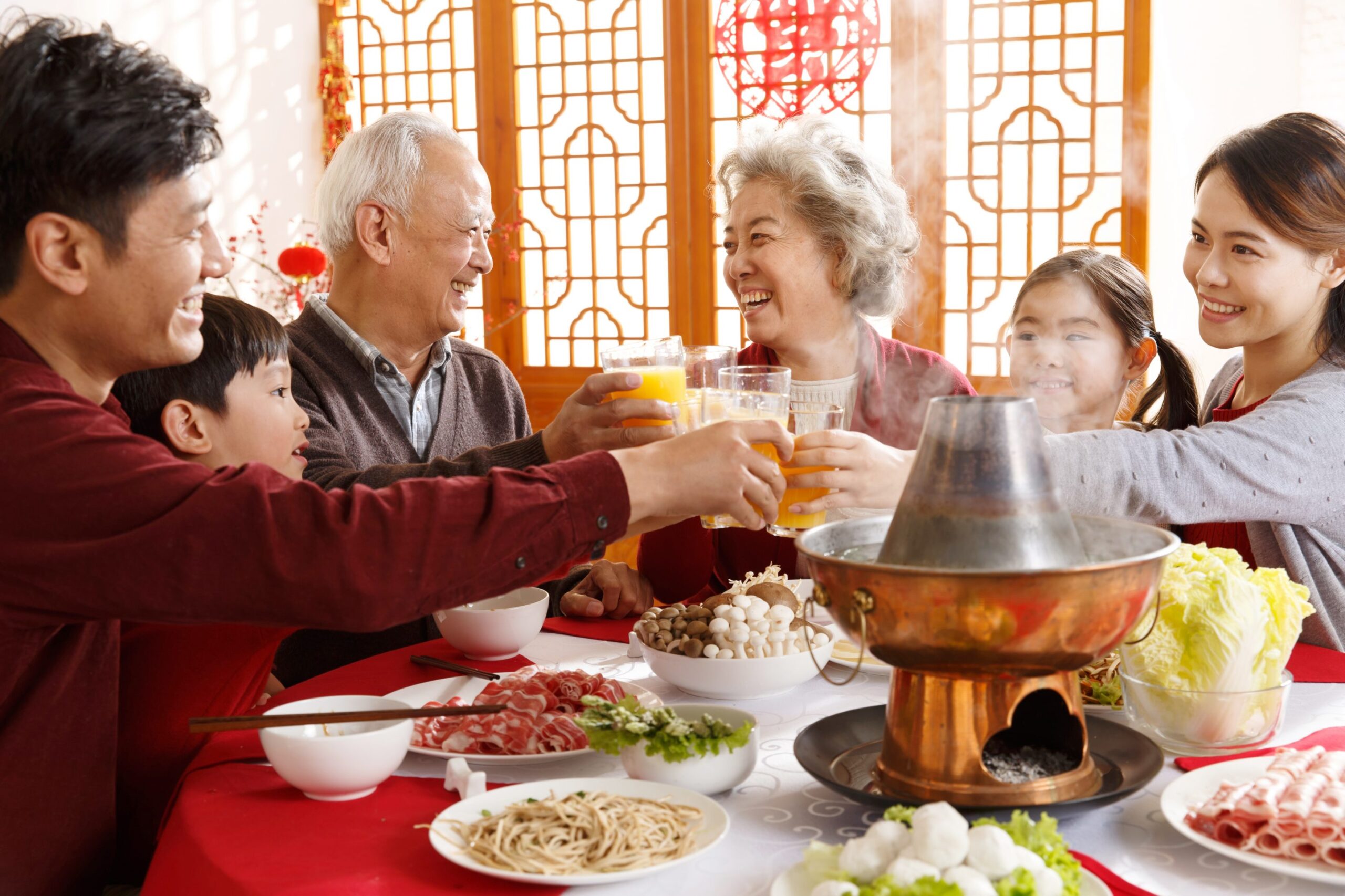
I speak, read, write and dream in English and feel closer to anyone conversant in this language, regardless of race. I speak Malay, Mandarin, Hokkien, Cantonese and Hakka poorly, could not write in Chinese and only recognise a few Chinese characters.
In my country, the locals see me as a Malaysian Chinese. To foreigners, I am a Malaysian, similar to American, British or Australian, which can be of any ethnicity. These three countries are also much more multiracial than Malaysia. Overseas Chinese are identified by their nationality and local language.
There are more than 7,000 surnames in use in China. However, the top 100 surnames are used by over 85% of the population. The most common Chinese surnames are Wang and Li (spelt as Lee in Malaysia/Singapore), each shared by over 100 million people in China.
Oddly enough, there are local politicians who could not even tell the difference between a Lim and a Lee, and think people sharing the same Yeoh surname must be related. If that is only scratching the surface, just imagine their level of stereotyping and ultra superficial knowledge.
Also, if Malaysian Chinese are not Muslims or Christians, they are automatically labelled as Buddhists, although many have never stepped foot into a Buddhist temple in their entire life. Many devotees may have gone to Taoist temples but have never read a book on Taoism.
Their prayers and rituals are more of a cultural practice picked up from imitating others, which are mostly wrong and lacking in understanding. Likewise, the traditions of each dialect group can be different, such as the Hokkiens celebrate the 9th day of the Chinese New Year in a big way.
It is equally wrong to stereotype Malays and Indians.
For example, Article 160 of the Constitution of Malaysia defines a Malay as a person born to a Malaysian citizen who professes to be a Muslim, habitually speaks the Malay language, adheres to Malay customs, and is domiciled in Malaysia or Singapore. There is no mention of ethnicity.
Before British rule, India was just a geographical term, not a nation. It was a thoroughly divided land mass with hundreds of languages and thousands of dialects, totalling 19,500! India may have some of the oldest civilisations but became a country only in 1947.
Even today, people tend to forget that nobody speaks or writes Indian, and nobody speaks
“Chinese”, although 1.4 billion can write Chinese characters and speak Mandarin or Chinese dialects. – Jan 30, 2025
YS Chan is master trainer for Mesra Malaysia and Travel and Tours Enhancement Course and an Asean Tourism Master Trainer. He is also a tourism and transport business consultant.
The views expressed are solely of the author and do not necessarily reflect those of Focus Malaysia.
Main image: Motorist Malaysia


